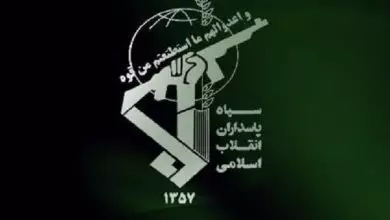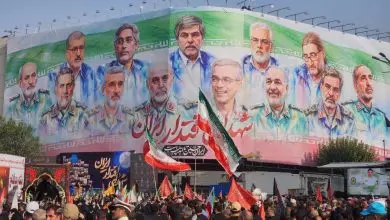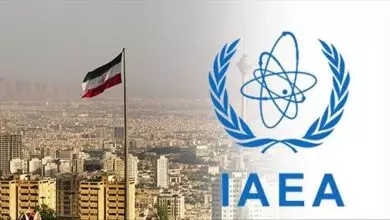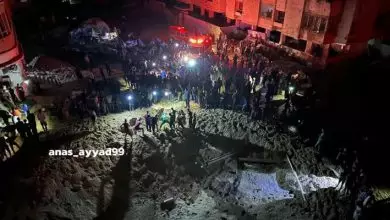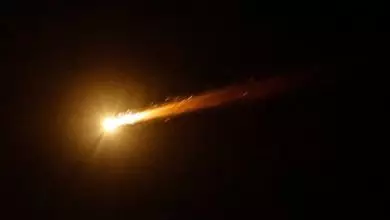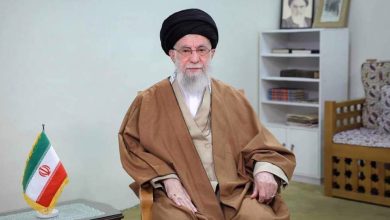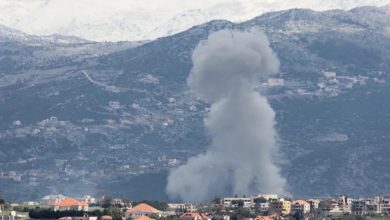Iranian Official Warns of Regional Conflict as Response to Zionist Aggression
Iranian President Masoud Pezeshkian warned that Israeli actions against the Islamic Republic might have escalated into a "widespread and uncontrollable" conflict throughout the region if they had not been addressed.
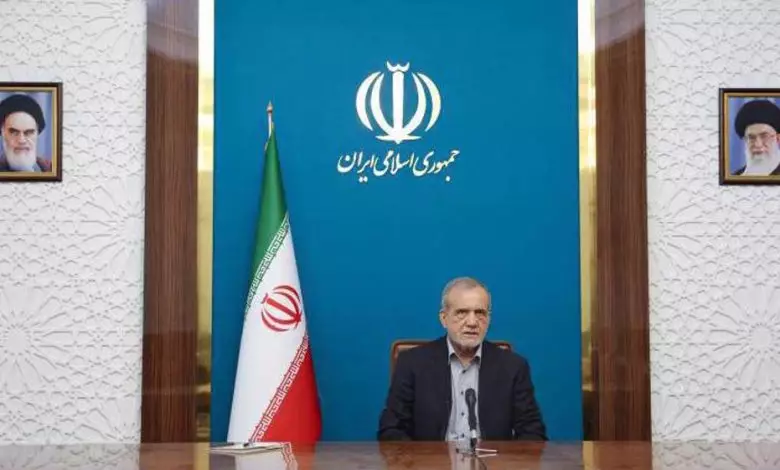
In the early hours of June 13, Israeli forces initiated a comprehensive offensive on Iranian territory, striking multiple military and nuclear facilities. The attack resulted in the deaths of several high-ranking military officials, nuclear scientists, and other civilians.
On June 22, the United States joined the initiative and conducted airstrikes on three Iranian nuclear facilities, significantly contravening the United Nations Charter, international law, and the Nuclear Non-Proliferation Treaty (NPT).
A day subsequent to the incident, Iran executed a missile barrage targeting al-Udeid air base in Qatar, which stands as the largest American military installation in West Asia, in response to what it termed unprovoked and unlawful aggression.
The beleaguered regime was compelled to announce a unilateral ceasefire on June 24 following significant setbacks inflicted by 22 volleys of Iranian ballistic missile strikes.
Pezeshkian condemned the Israeli regime’s “brutal acts of aggression and illegal armed terrorist attacks” against Iran, emphasizing that these actions took place amid ongoing indirect discussions between Iran and the United States concerning Iran’s peaceful nuclear program. He further noted that the assaults also targeted Iran’s peaceful nuclear facilities.
He emphasized that the military strikes by the United States and the Zionist regime on Iran’s peaceful nuclear facilities, which were under the complete oversight of the International Atomic Energy Agency, constitute a flagrant breach of international regulations.
The Iranian leader stated that the act of aggression dealt an “irreparable blow” to the Nuclear Non-Proliferation Treaty (NPT) by a permanent member of the United Nations Security Council.
Pezeshkian highlighted the significant civilian casualties and injuries resulting from what he described as the Israeli regime’s “illegal and criminal operations,” targeting residential areas, public infrastructure, hospitals, and medical centers.
He called on the global community, notably the United Nations Security Council and the International Atomic Energy Agency, to take a more responsible stance in addressing actions by aggressors and warmongers.
The Iranian president emphasized the importance of rejecting appeasement policies toward the Zionist regime in light of its systematic and repeated human rights violations.
He stated that today’s session of the Eurasian Economic Forum presents a crucial opportunity to unequivocally denounce acts of aggression and threats impacting the region and the global community.
In other parts of his speech, Pezeshkian highlighted Iran’s ongoing efforts to maintain its role as an “effective and reliable” participant in regional economic interactions. He emphasized that the execution of a free trade agreement between Tehran and the Eurasian Economic Union (EAEU) would significantly enhance economic relationships within the region.
In December 2023, Iran and the Eurasian Economic Union entered into a landmark agreement to commence free trade, following six years since Tehran became part of the bloc. This strategic initiative is designed to broaden Iran’s trade alliances amid ongoing Western sanctions.
The Iranian leader highlighted plans to enhance and modernize current rail and road networks, boost air transport, establish special joint zones, and leverage the transit capabilities of Iranian ports. These initiatives aim to connect member nations of the Eurasian Economic Union (EAEU) to global markets.
He emphasized that collaboration between energy producers and consumers, along with the utilization of existing capacities to interconnect energy networks in the region, are also key priorities.
Pezeshkian emphasized the importance of developing essential infrastructures to enhance collaboration in digital technologies. He advocated for facilitating the exchange of information, advancing new trade initiatives, and organizing efforts in artificial intelligence. Additionally, he called for joint actions to address the challenges posed by unilateralism.
The president stressed the need for establishing an independent banking infrastructure resistant to sanctions, suggesting it is crucial for fully realizing the potential and advantages of the free trade agreement.
He suggested that the Eurasian Development Bank fund collaborative infrastructure and industrial initiatives, promote the use of the Eurasian Economic Union’s currency among interested observer nations, and establish a settlement system utilizing national currencies.

